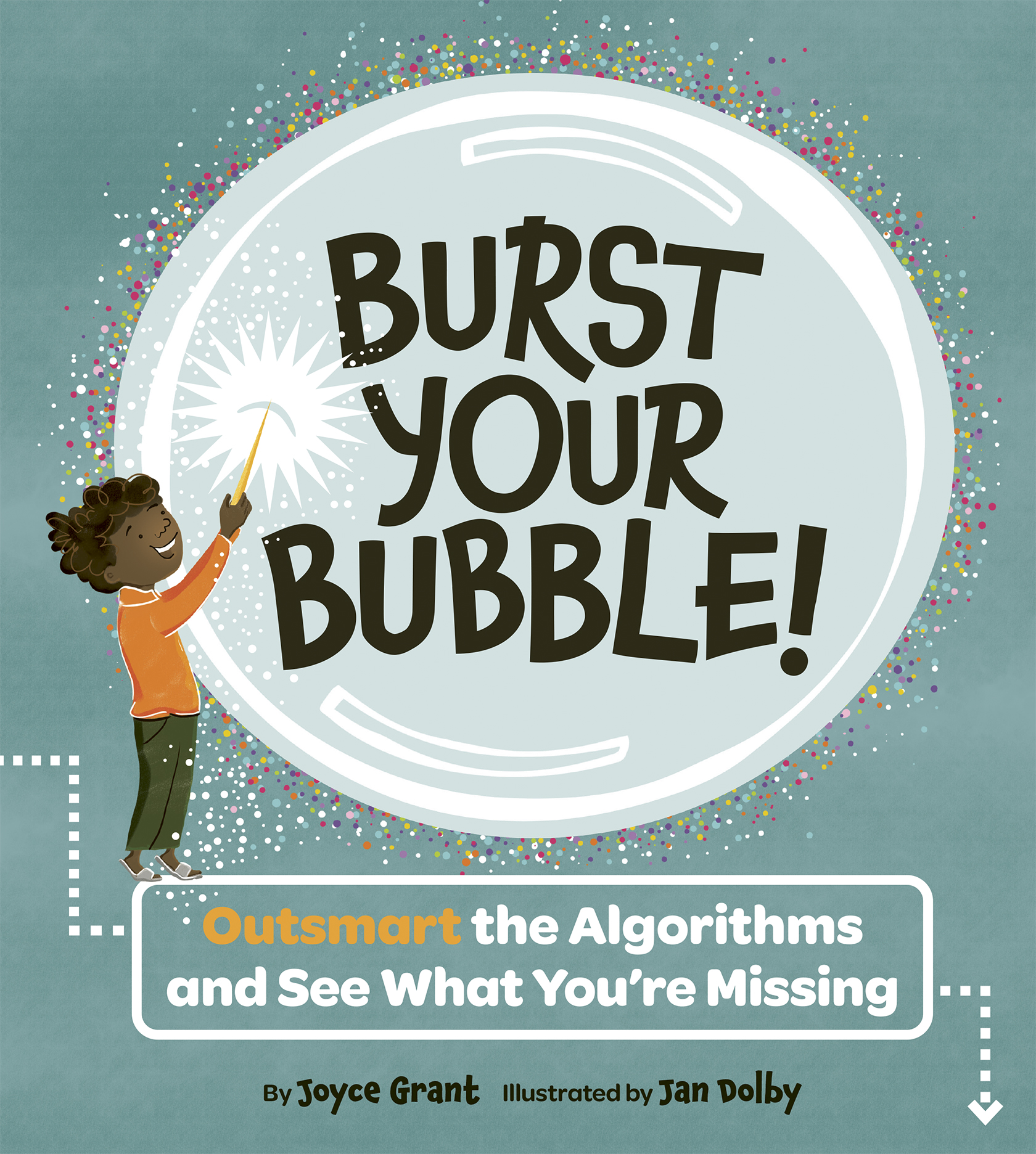
What would you do if you had no money—and someone accidentally gave you something very valuable?
Would you return it to the person or would you assume that fate was smiling on you and take the money?
That was the decision faced by Billy Ray Harris, who lives in Kansas City.
But for him, it wasn’t a difficult decision at all.
Harris is a homeless man, who sometimes sleeps under a bridge.
Recently, he was asking people for spare change; Sarah Darling stopped and spilled all of the change from her change purse into his cup. Then she went on her way.
It wasn’t until an hour later, when she was in the car driving to another city with her husband, when she remembered something.
She had put her engagement ring in her change purse. She’d taken it off because of a skin rash on her finger and she’d zipped it into the change purse for safe-keeping.
When she dumped her spare change into Harris’s cup, the ring had spilled out as well.
The ring was worth a lot of money but more than that, it had sentimental value since it was the ring her husband gave her when he proposed.
She and her husband turned the car around and they went back to the spot on the sidewalk where she’d last seen Harris. Unfortunately, he wasn’t there.
She went back the next day—48 hours after she’d given him the ring—and this time, he was there.
He remembered her and said he had put the ring in another location for safe-keeping. He took her to it and gave Darling back her ring.
Shortly after Darling gave Harris the ring, he was offered thousands of dollars for it. But he said no, because he wanted to give it back to the woman who’d accidentally given it to him.
Harris said his grandfather was a reverend who raised him and instilled “good character” in him.
It isn’t the first time Harris has found—and returned—a valuable ring. Years ago, a retired football player went swimming in a creek and lost his Superbowl ring. Harris found it and located the man at a hotel where he was staying. He was given a reward for doing the good deed.
But that reward pales beside the one he’ll get this time.
After getting her ring back, Darling and her husband posted their story on a website called giveforward.com. On that website, people can donate money to worthy causes.
When people heard about Harris’s act of selflessness, they came forward to offer him money.
So far there have been 5,865 donations totaling more than $143,000.
As for Darling, she values her ring even more now that it has such “great karma,” she said.
Related links
This is the story as reported by CNN. Note: CNN is not a kid-friendly website.
Harris’s donation page Note: this is not a kid-friendly website. Only adults may make donations on this or any other type of fundraising website. However, you may be interested to see the page and find out what the current total is (the total had already gone up by $1,000 the time this article was written). There are also follow-up details about Harris on the site.
CURRICULUM CONNECTIONS
By Jonathan Tilly
Writing/Discussion Prompt
Billy Ray Harris explained that he was brought up to have “good character.” What character traits might belong to someone who has a good character? Which of these traits do you think Billy Ray Harris possesses?
Reading Prompt: Demonstrating Understanding
Today’s article told the story of Billy Ray Harris and Sarah Darling. If you were retelling the story, and were only allowed to share five facts, what would they be? Write these facts down and then rank them (1-5) in order of importance.
Why might ranking facts be a useful comprehension (understanding) skill?
Primary
Demonstrate understanding of a variety of texts by identifying important ideas and some supporting details (OME, Reading: 1.4).
Junior
Demonstrate understanding of a variety of texts by summarizing important ideas and citing supporting details (OME, Reading: 1.4).
Intermediate
Demonstrate understanding of increasingly complex texts by summarizing important ideas and citing a variety of details that support the main idea (OME, Reading: 1.4).
Grammar Feature: Subordinate clause (Dependent Clause)
Writers can make many different kinds of sentences. Of course, some sentences can be long and flowing sentences. Some can be short. But writers can also structure their sentences in other ways in order to create different effects. For example, sometimes writers begin sentences with a group of words that leave their readers needing additional information in order to complete the thought. These groups of words are called a subordinate clause or a dependent clause, because they depend on the other part of the sentence in order to make sense. Today’s article includes many subordinate clauses. Here’s one:
“When she dumped her spare change into Harris’s cup, the ring had spilled out as well.”
As you can see, the underlined portion of the sentence depends on the remaining part of the sentence in order to make sense. Subordinate clauses can also be found at the end of a sentence as well. Like it is here:
“Harris is a homeless man, who sometimes sleeps under a bridge.”
Why would an author would use a subordinate clause instead of just writing two sentences? With this in mind, what effect do you think subordinate clauses have on their readers?








